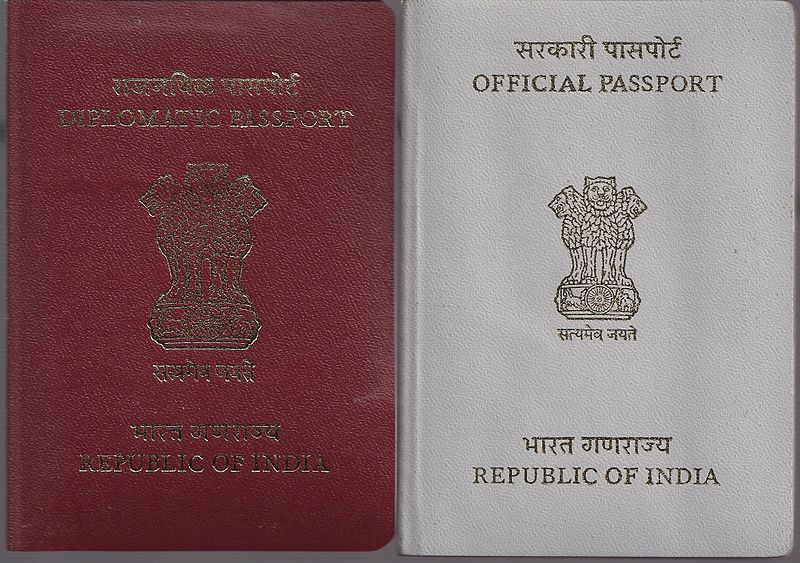Laws of preferential application
 Below are three examples of laws of preferential application.
Below are three examples of laws of preferential application.[1] Members of Congress are NOT liable for libel or slander for any speech in Congress or in any committee thereof. (Sec. 11, Art. VI, 1987 Constitution) The Constitution says they cannot be "questioned nor be held liable in any other place." Therefore, Senators and Representatives can be "questioned" or disciplined by the respective ethics committee of the concerned House.
[2] Any ambassador or public minister of any foreign State, authorized and received as such by the President, or any domestic or domestic servant of any such ambassador or minister are exempt from arrest and imprisonment and whose properties are exempt from distraint, seizure and attachment. (R.A. No. 75)
Diplomatic immunity is a form of legal immunity that ensures diplomats are given safe passage and are considered not susceptible to lawsuit or prosecution under the host country's laws, but they can still be expelled. Modern diplomatic immunity was codified as international law in the Vienna Convention on Diplomatic Relations (1961) which has been ratified by all but a handful of nations.
Ambassadors do not begin their duties until their credentials are accepted, and their precedence within the diplomatic corps is determined by the date on which the credentials were presented. https://en.wikipedia.org/wiki/Letter_of_credence
[3] Warship rule is likewise observed under Philippine laws. The warship of another country, even though docked in the Philippines, is considered an extension of the territory of its respective country.
PHOTO: https://en.wikipedia.org/wiki/Diplomatic_immunity#/media/File:Passports_Front.jpg; https://en.wikipedia.org/wiki/Diplomatic_immunity.



